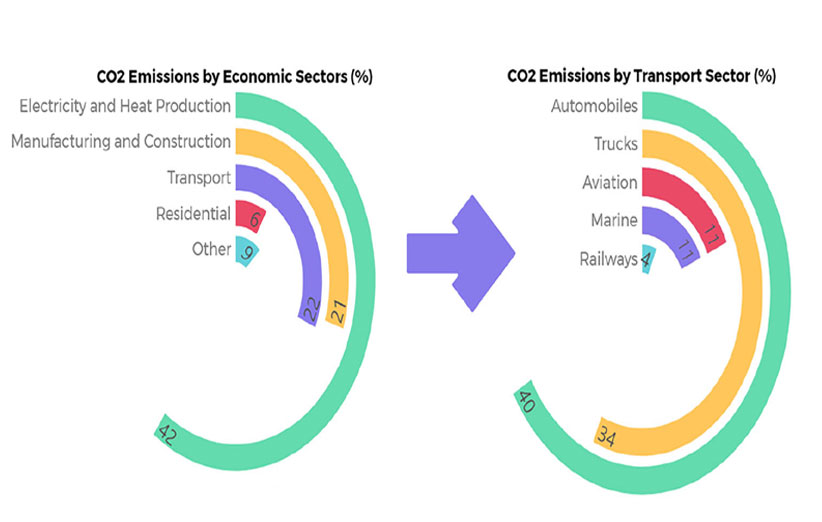Abstract: With growing concerns over environmental degradation and climate change, the shipping industry is under increasing pressure to reduce its environmental impact. This has led to the development of green port initiatives in the field of maritime transport and logistics, which aim to promote sustainable practices and reduce the environmental footprint of ports and their operations. One of the key strategies for achieving this goal is the use of renewable energy technologies (RETs). This paper summarizes the potentials, challenges, and economic analysis of RETs applications in green ports, emphasizing those that require aquatic environments for operation, including floating photovoltaic systems, offshore wind turbines, and ocean energy. The paper investigates the concept of green ports and explores the feasibility of integrating RETs into these facilities. Also, the potential of the various RETs is presented in terms of technical and economic aspects and installed capacity. Additionally, due to high flexibility in electrical systems and compatibility with maritime transportation, the use of fuel cells in green ports has been discussed as a feasible solution for supplying power to ports (either as the primary or backup source). The findings of this study show that RETs can significantly contribute to achieving sustainable goals in the maritime industry and pave the way for the creation of more efficient and environmentally friendly ports.
Towards the application of renewable energy technologies in green ports

12
مرداد
